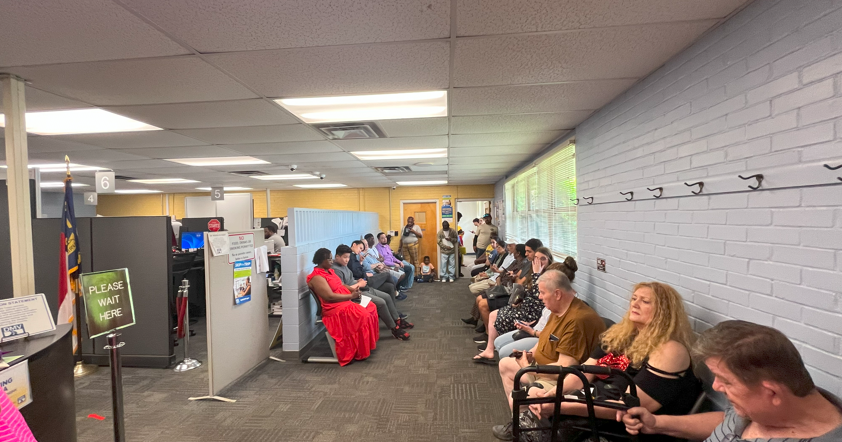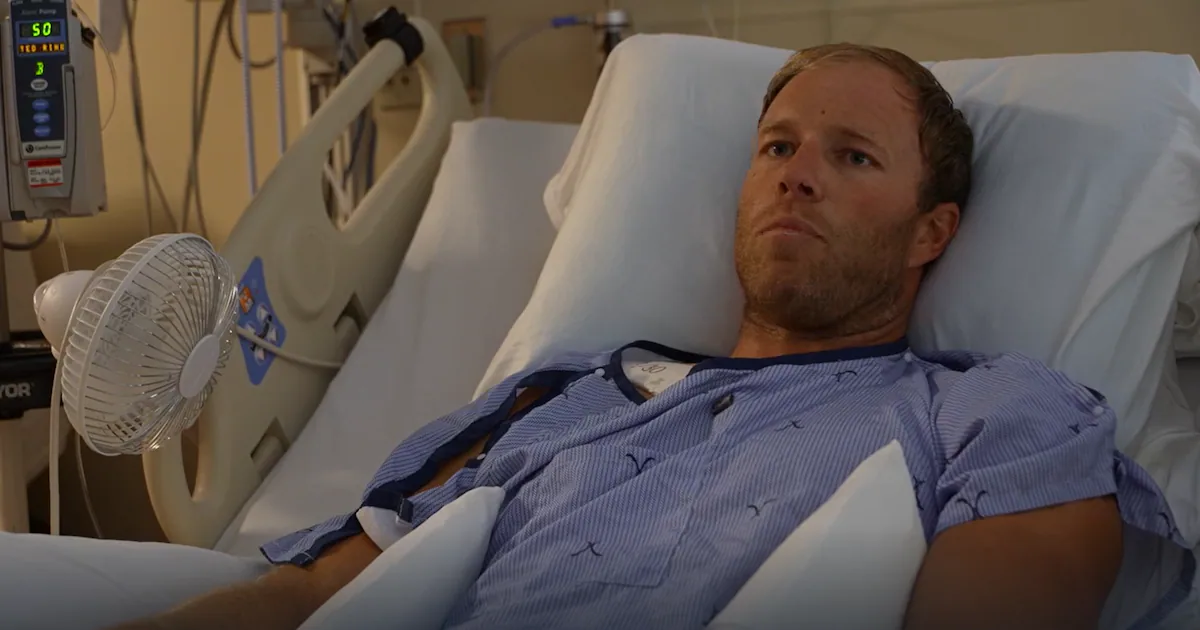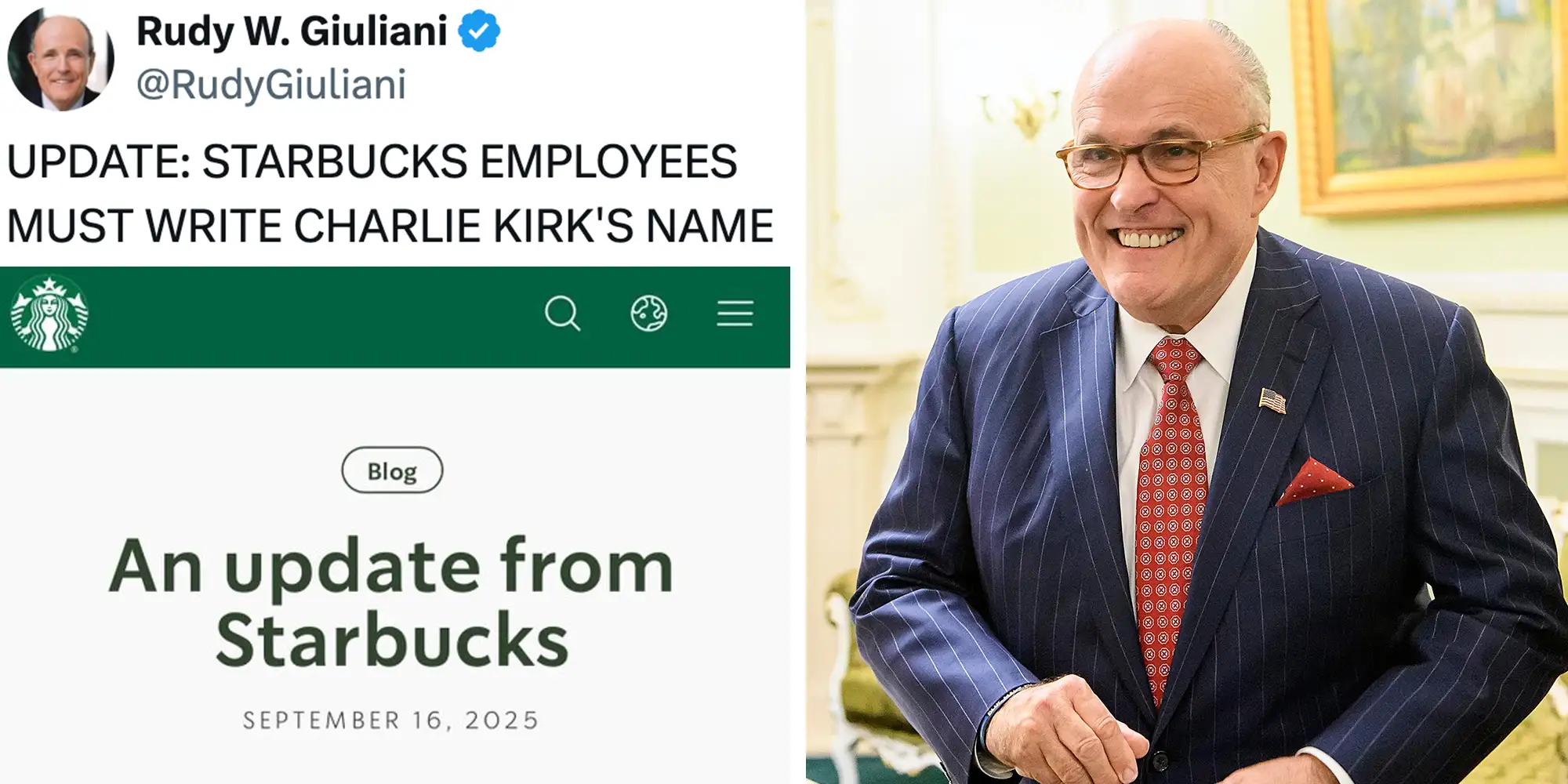
The state legislature is offering motorists another potential time-saving option for renewing their driver’s licenses: permitting a second consecutive renewal via a remote method.
Remote renewals involve mail, telephone, electronic device or other secured method approved by the N.C. Division of Motor Vehicles.
Senate Bill 245 cleared the legislature on Tuesday with significant bipartisan support. The Senate vote was 47-0. The state House approved 109-7.
SB245 was sent on Wednesday to Gov. Josh Stein, who has 10 days to sign it, veto it or let it become law without his signature.
The bill does not allow a second consecutive online renewal to motorists with a REAL ID license.
However, motorists with a current REAL ID license who are renewing for a standard driver’s license would be allowed a second consecutive remote renewal.
SB245 also removes the requirement of a completed driver’s log for those ages 16 and 17 to obtain a full provisional driver’s license.
The other three requirements remain: having a limited provisional license for at least six months; no motor vehicle moving or seat belt violations for the preceding six months; and having a driver eligibility certificate, a high school diploma or equivalent.
Two more years
Motorists already have an extra two years to get a driver’s license renewed, courtesy of a N.C. Transportation Department omnibus bill, Senate Bill 391, that Stein signed into law on July 1.
The two years span from the date the driver’s license expires.
State Rep. Jay Adams, R-Catawba, said the legislation was filed to address long lines at DMV locations due to the demand for Real IDs.
All drivers must have their licenses renewed by Dec. 31, 2027. The bill affects Class C licenses, the most common license issued to drivers.
There are two exemptions. Any driver’s license that is currently canceled, revoked or suspended is not eligible, and a Real ID driver’s license that has been valid for eight years or more also is not eligible.
Adams said the bill is not a solution to the problem, but gives North Carolinians some relief. “What this bill does is it keeps you from getting a ticket (for having an expired license),” Adams said.
Adams said the bill “relieves the burden on DMV offices so they can sort out their issues. The study is meant to help figure out what’s the problem with the DMVs.
“This state is growing like crazy, and we can’t have this situation persist.”
DMV hires
Drivers visiting DMV offices in the Triad may experience a shorter wait for services after the hiring of eight full-time driver’s license examiners since Stein signed a mini-budget bill into law in August.
Forsyth and Guilford counties received two new examiners, while Alamance, Davidson, Davie and Randolph counties received one each.
“The positions are actually assigned to districts that contain several counties, so we have the flexibility to move employees around as needed to cover vacancies, vacations, leave, etc.,” said Marty Homan, the NCDMV’s communications manager.
The district that includes Alamance and Guilford also includes an examiner placed in Harnett and Orange counties. The district that includes Davidson, Davie and Forsyth also includes an examiner placed in Caldwell and Rowan counties.
The overall hiring of 64 examiners statewide is part of a bipartisan effort to improve DMV services, such as reducing long lines, adding more appointment times, and resolving technical issues.
The average walk-in wait time in the Triad and northwest N.C.: Asheboro, 2 hours and 22 minutes; Boone, 1:17; Elkin, 1:01; Graham, 2:39; Greensboro East, 1:45; Greensboro West, 2:38; High Point, 3:23; Jefferson, 12 minutes; Kernersville, 3:29; Lexington, 4:30; Mocksville, 4:03; Mount Airy, 34 minutes; Thomasville, 2:23; Wentworth, 1:51; Wilkesboro, 29 minutes; Winston-Salem North, 1:14; Winston-Salem South, 1:22; and Yadkinville, 2:10.
The DMV has extended hours at 92 offices across the state.
Some driver’s license offices in the Triad open at 7 a.m. on weekdays, including two offices in Greensboro and Winston-Salem. Offices also open early in Asheboro, Graham, High Point, Kernersville, Lexington and Wentworth.
Early hours are in place in Boone, Elkin, Jefferson, Mocksville, Mount Airy, Thomasville, Wilkesboro and Yadkinville.
More changes?
Would you be willing to pay as much as $51 — double the current fee — to have the DMV or a third-party vendor come to your home to handle a driver’s license renewal?
Or maybe go to a third-party vendor office to renew it at the current $25.50 rate, similar to going to a private license plate agency for new vehicle plate tags?
The in-home pilot program would be in Forsyth, while the third-party renewal program would be tested in Guilford.
The pilot program would be open to only Class C driver’s licenses — the kind most motorists have.
Both those scenarios could happen under pilot programs proposed for Forsyth and Guilford counties in the state House 2025-26 budget proposal, as lawmakers look for ways to shorten lines at DMV offices around the state.
However, it’s uncertain whether the language will make it into a budget compromise bill with the Senate.
The inability of House and Senate Republican leadership to agree on a 2025-26 state budget will enter its fourth month of delay on Wednesday.
“I have been hearing from many citizens in Forsyth County (on driver’s license renewals) and have been looking at creative ways to solve some of the complaints,” said Rep. Donny Lambeth, R-Forsyth, and senior House budget writer.
“As a senior budget chair, I have the opportunity to suggest some options. In this case, some pilots to test different scenarios.
“I offered both these areas since they are similar in problem issues.”
The current legislation provides few details about how the programs would work and how third-party vendors would meet DMV data security, personnel and facilities standards.
Lambeth said both pilot programs would be funded from available N.C. Transportation reserves. The DMV said it does not comment on pending legislation.
Pilot details
Forsyth residents would get to test out the in-home renewal pilot over two years beginning Jan. 1, 2027.
DMV personnel or third-party vendors would provide the services for the Forsyth residential renewal pilot program.
The legislation permits the DMV or third-party vendors to charge up to $51 for in-home renewal.
The DMV would track the number of in-home renewals and then decide whether to recommend continuing, expanding or ending the program.
Meanwhile, residents of Guilford and Harnett counties would experiment with going to private vendors for license renewals for two years starting Jan. 1, 2027.
The DMV could select one or more vendors to provide the service for the in-person, third-party vendor renewal program.
In this instance, the private vendor would not be allowed to charge more than the DMV.
The DMV must select third-party vendors in both scenarios by July 1, 2026.
rcraver@wsjournal.com
336-727-7376
@rcraverWSJ
Get Government & Politics updates in your inbox!
Stay up-to-date on the latest in local and national government and political topics with our newsletter.
* I understand and agree that registration on or use of this site constitutes agreement to its user agreement and privacy policy.
Richard Craver
Get email notifications on {{subject}} daily!
Your notification has been saved.
There was a problem saving your notification.
{{description}}
Email notifications are only sent once a day, and only if there are new matching items.
Followed notifications
Please log in to use this feature
Log In
Don’t have an account? Sign Up Today



